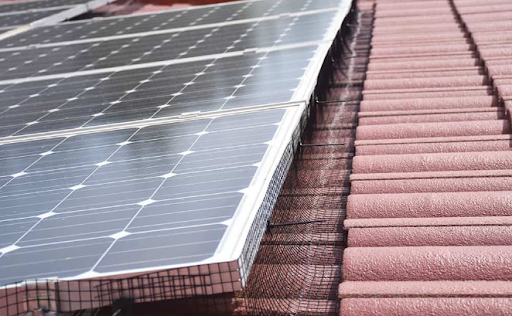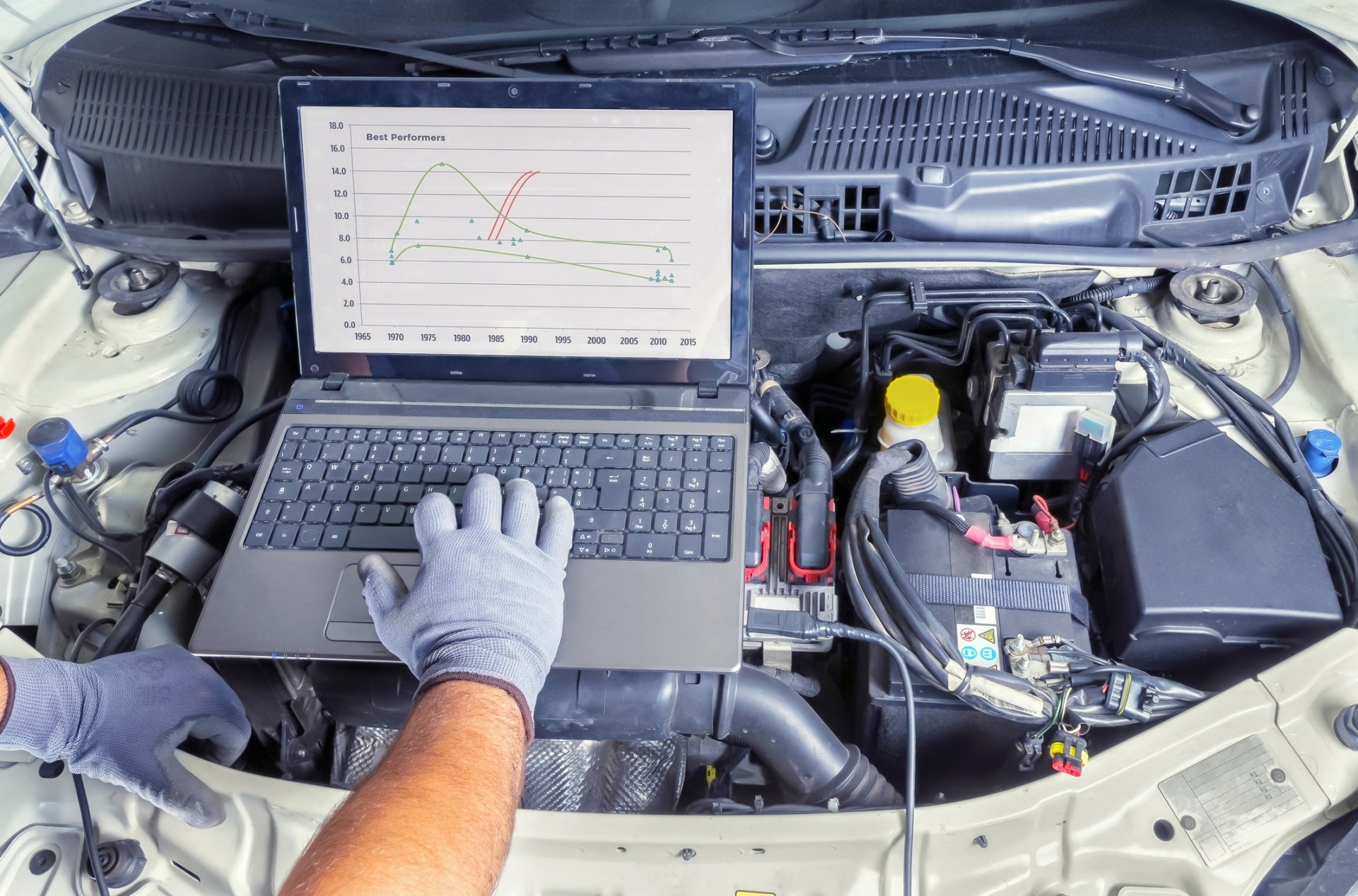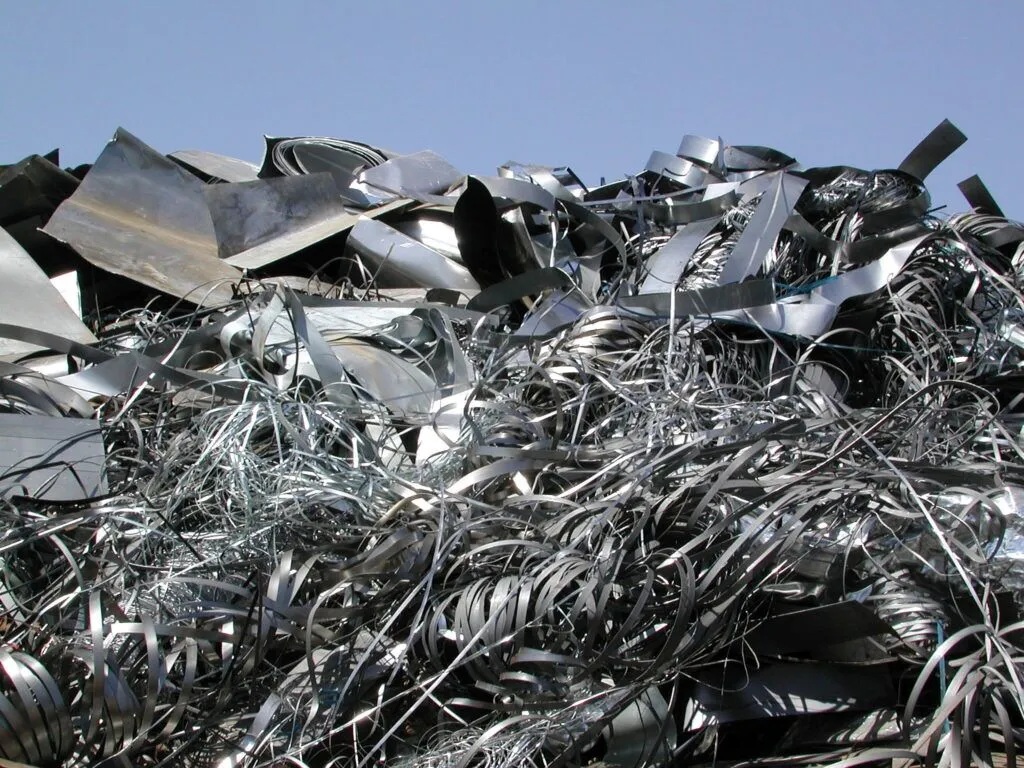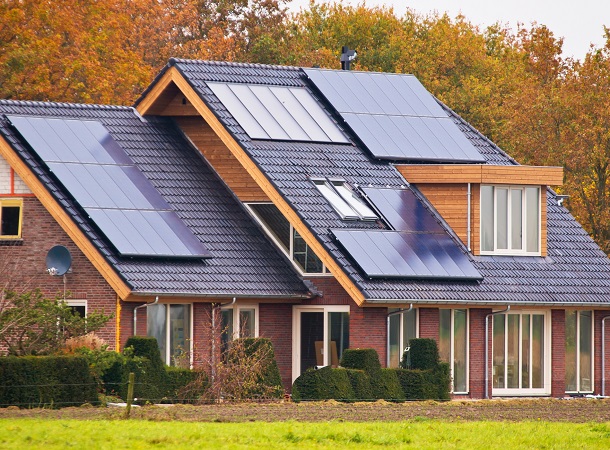
Solar energy provides power and has many benefits, but the only company that releases solar panels has struggled to keep up in recent years, and consumers have found it difficult to understand how best to make use of them. Today, Residential solar systems in Melbourne are changing the way we use see solar energy and its application in daily life. Read further to know why you must consider residential solar if you haven’t yet.
Top 5 Reasons to Consider Residential Solar
- Reduced energy bills: By using solar energy, you can reduce your energy bills by a huge amount. In many cases, solar panels can pay for themselves within just a few years.
- Reduced carbon emissions: Solar energy is a clean and sustainable source of energy that doesn’t produce carbon emissions.
- Reduced impact on the environment: When you use solar power, you’re reducing the environmental impact of your everyday actions.
- Greater homeownership potential: Many people see residential solar as an opportunity to own their own home power generation system.
- Increased independence and responsibility: When you use solar power, you are taking control of your own energy destiny.
5 Ways that Residential Solar Can Benefit You
Residential solar can provide many benefits for you and your family. Here are five ways that solar can benefit you:
- Solar energy is affordable.
- Solar energy is renewable.
- Solar energy is emission-free.
- Solar energy is reliable.
- Solar energy is eco-friendly.
Factors to Consider when Considering a Residential Solar System
There are a number of factors you should consider when choosing whether or not to install a residential solar system. Here are a few to get you started:
- Your Energy Needs. What are your energy needs? This is the first and most important question to answer. Do you have a large number of appliances that use a lot of energy, or do you need to generate more renewable energy for your home? If it’s the latter, then solar may be right for you. A residential solar system can generate enough power to run your home, and any extra can be sold back to the grid.
- Your Budget. How much money are you willing to spend? Do you want the convenience of being able to produce your own power, or would you rather leave it to someone else? Residential solar systems can be expensive upfront, but they typically pay for themselves over time through savings on your energy bill.
- Your Location and Environs. Are there any heavy trees or other tall obstructions in your area that might impact the installation of a solar system? Can the roof of your home handle the weight of the panels? Is there sufficient sunlight available for the panels to work effectively? All these factors will affect how likely
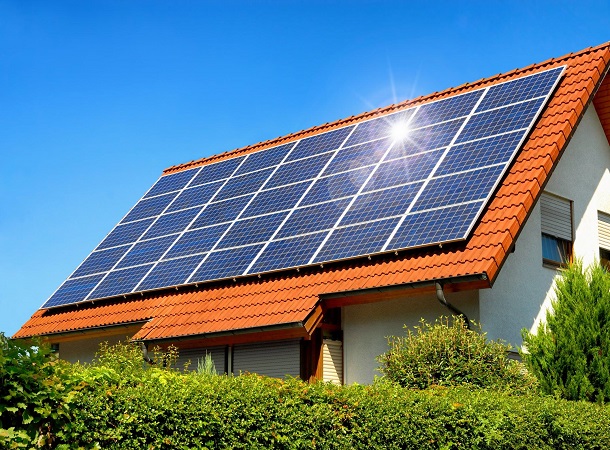
The Costs of a Commercial and Residential Solar Systems
If you’re thinking about installing residential solar panels, there are a few important factors to keep in mind. First, the costs of both commercial and residential solar systems vary quite a bit. Commercial systems can cost anywhere from $10,000 to over $100,000, while residential systems can cost anywhere from $5,000 to over $30,000.
Another important factor to consider is the amount of sunlight that hits your home. Solar panels require direct sunlight to function properly, so if you live in an area with a lot of shade or clouds, your solar system will not be as effective. In addition, if your home is a historic structure that cannot be altered, you may not be able to install a solar system.
If you’re still thinking about installing residential solar panels, it’s important to speak with a qualified installer who can help you decide which system is right for your home.
Working with an Achievement Friendly Salesperson
Residential solar can be a great way to save money on your energy bills.
There are a number of reasons why you should consider residential solar. One reason is that working with an achievement-friendly salesperson can help you save money on your energy bills. These salespeople are familiar with the solar market and can help you find the best system for your needs. They will also work with you to ensure that you get the most out of your solar panels.
Residential solar can also be a great way to reduce your carbon footprint. by switching to solar energy, you are not only reducing your energy costs, but you are also helping to protect your environment. By investing in residential solar, you are taking an important step towards reducing our reliance on fossil fuels.
In conclusion, there are a number of reasons why you should consider residential solar. Working with an achievement-friendly salesperson can help you save money on your energy bills while reducing your carbon footprint. Why not give it a try and see for yourself?
What does Solar Lab Mean?
When you consider installing residential solar, you have multiple options available to you. One of the most popular options is Solar Lab, which means that your solar installation will be done by a professional solar company. Solar Lab professionals are well-trained in the art of solar installation, and they will ensure that your system is installed properly and that you receive the best possible value for your money.
Another benefit of choosing a Solar Lab installation is that you can be sure that your system will be inspected regularly. The professionals at a Solar Lab are always on the lookout for potential problems with your system, and they will let you know about any issues as soon as they arise. This means that you can always have confidence in the quality of your solar installation.
Conclusion
We all know that energy is important, and with the cost of electricity continuing to rise, it’s more important than ever to find ways to save. One way to save money on your electric bill is to install residential solar panels. If you’re considering residential solar panel installation, be sure to speak with an installer who can help you design a system that meets your specific needs. You don’t want to regret not taking action today and end up paying more in the future for electric bills!


